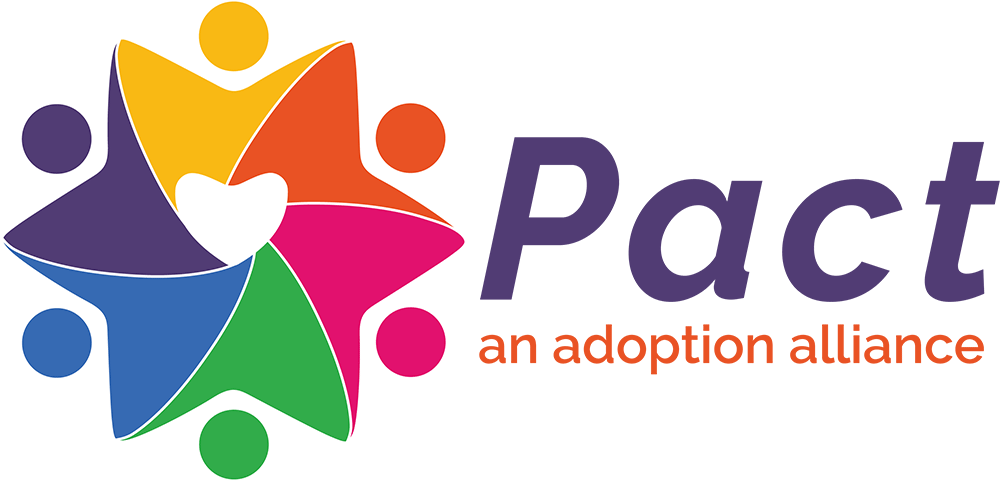by Dr. Kripa Cooper-Lewter
2016
Transracial and transnational adoption not only connects children with adoptive parents, but in many instances also forms new sibling relationships across more than one race. Parents who have adopted children of different races face the extra challenge of meaningfully connecting each child to their heritage community, which is further complicated when parents do not share the same racial or ethnic background as their children. Unfortunately, some white parents delight in collecting different races and rely on the diversity within their own household as a stand-in for making sure each child has an intimate connection to their heritage community, something necessary for the children’s identity development. All this being said, intimacy among siblings of different races may lead to them feeling at ease with other races in a way people without a multiracial family context may not be. In these cases, multiracial sibling connections can create deep, lasting bonds that continue into adulthood.
Over the years, I have reflected deeply on the power of the multiracial sibling relationships that shaped my own identity journey. I was adopted from India in 1975 into a white single-parent home in Northern Minnesota. As the only child, I soon began asking my mom for a sister to play with. My wish finally came true when my mom adopted another girl from India, five years younger than me, and much later a girl of African American heritage, twelve years younger than me.
Growing up, I don’t recall family conversations on racial socialization or the social construction of race and family. However, as the oldest sister, I began to witness varied treatment among us, especially when we traveled outside our small town, with our different racial backgrounds, ethnicities, skin tone and hair. At the time, I didn’t have words to process what I was experiencing, but I knew in those instances something was happening that didn’t always feel right. A quiet bond formed as I began to realize that I am my sister’s keeper. Out of this awareness developed my deep personal commitment to figuring out how to navigate and guide my sisters through uncharted territory on my own.
During my teens—with India thousands of miles away and Indian community role models beyond my reach—my youngest sister provided an immediate opportunity for me to explore African American heritage and culture along with her. Our occasional family visits into black neighborhoods in the Twin Cities, where we would attend church or find hair products for my sister, opened my eyes to her beautiful community that was rich with history and traditions. I soon found myself navigating encounters and experiences that our white mother did not understand or know how to address.
My college years equipped me with a newfound language to name racism, discrimination, racial justice, and the civil rights issues that were erupting—like the Rodney King verdict—in the early 1990s. Because of my youngest sister, I pushed myself to understand her African American roots so that I could uphold her value and worth in a society that might declare her either invisible or hypervisible. Exploring her culture gave me the courage I needed to bravely journey into my own Indian heritage and culture later.
Looking back, I was committed to learning about and understanding African American culture because of my adopted sister’s story. This certainly influenced my choice of life partner and my own beautiful multiethnic children who are part African American. My exposure and learning also informed our choice to move to and live in the South, in a community with strong African American roots.
Transracial and transnational adoptive families—siblings, as well as parents and other members of the adoption constellation—should uphold the same commitment to learning, understanding and supporting our siblings: I vow to walk beside you as you process and explore your identity – who you are in this world – culturally, ethnically and racially. Perhaps this is the greatest gift of multiethnic sibling connections, the steadfast commitment to a sister or a brother to be their keeper, and a heartfelt understanding: We are in this together – you will never face have to face racism, prejudice, discrimination or injustice alone.
Dr. Stephanie Kripa Cooper-Lewter is a researcher, social worker and life coach who has spoken at Pact Family Camp and served on Pact’s Adult Adoptee of Color Advisory Board. She is the recipient of the 2012 Outstanding Dissertation Award presented by St. John’s University Adoption Initiative, for her dissertation, “Identity Journeys: Live Stories of Women Adopted Transnationally as Children.” She has been active in the adoption community for more than two decades. She is Co-Founder of Lost Sarees and the Founder/National Chair of Roshni, Lost Sarees National Women’s Giving Circle which connects women of South Asian heritage through their shared commitment to giving, service and leadership.
